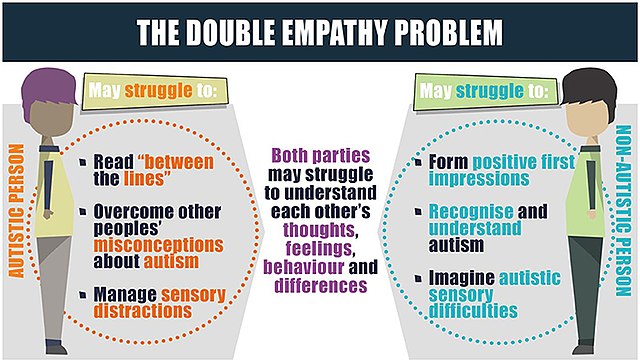The autism rights movement, also known as the autistic acceptance movement, is a social movement allied with disability rights that emphasizes a neurodiversity paradigm, viewing autism as a disability with variations in the human brain rather than as a disease to be cured. The movement advocates for several goals, including greater acceptance of autistic traits and behaviors; reforms of services - i.e. services that focus on improving quality of life and well-being instead of suppression and masking of autistic traits that are adaptive or not harmful or imitations of social behaviors of allistic (non-autistic) peers ; the creation of social networks and events that allow autistic people to socialize on their own terms; and the recognition of the autistic community as a minority group.
Minnesota governor Mark Dayton declared the World Autism Awareness Day on 2 April 2013
Neurodiversity is a framework for understanding human brain function that recognizes the diversity of human cognition as a biological fact. The neurodiversity paradigm argues that diversity in human cognition is normal and that some conditions classified as mental disorders are differences and disabilities that are not necessarily pathological.
Both autistic and non-autistic people can find it difficult to empathize with each other. The fact that both people in the interaction have trouble with understanding and empathy is why the theory is called the "double empathy problem".


